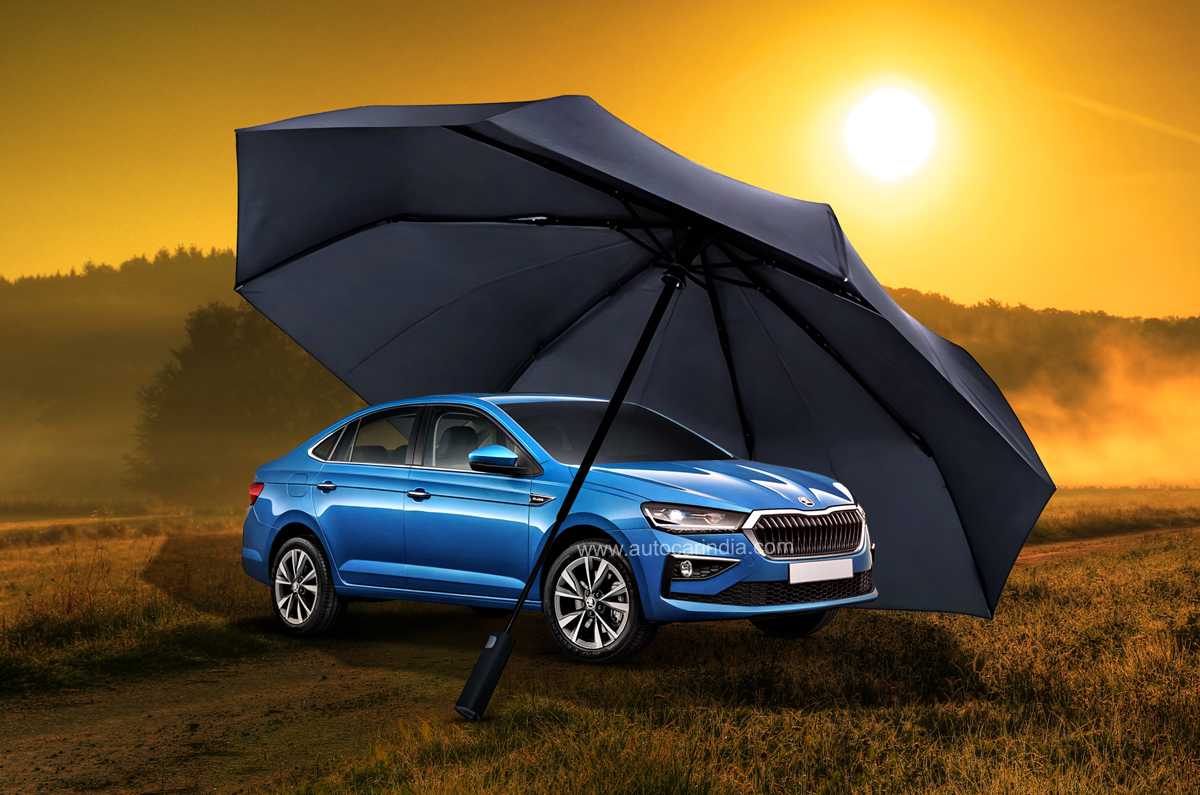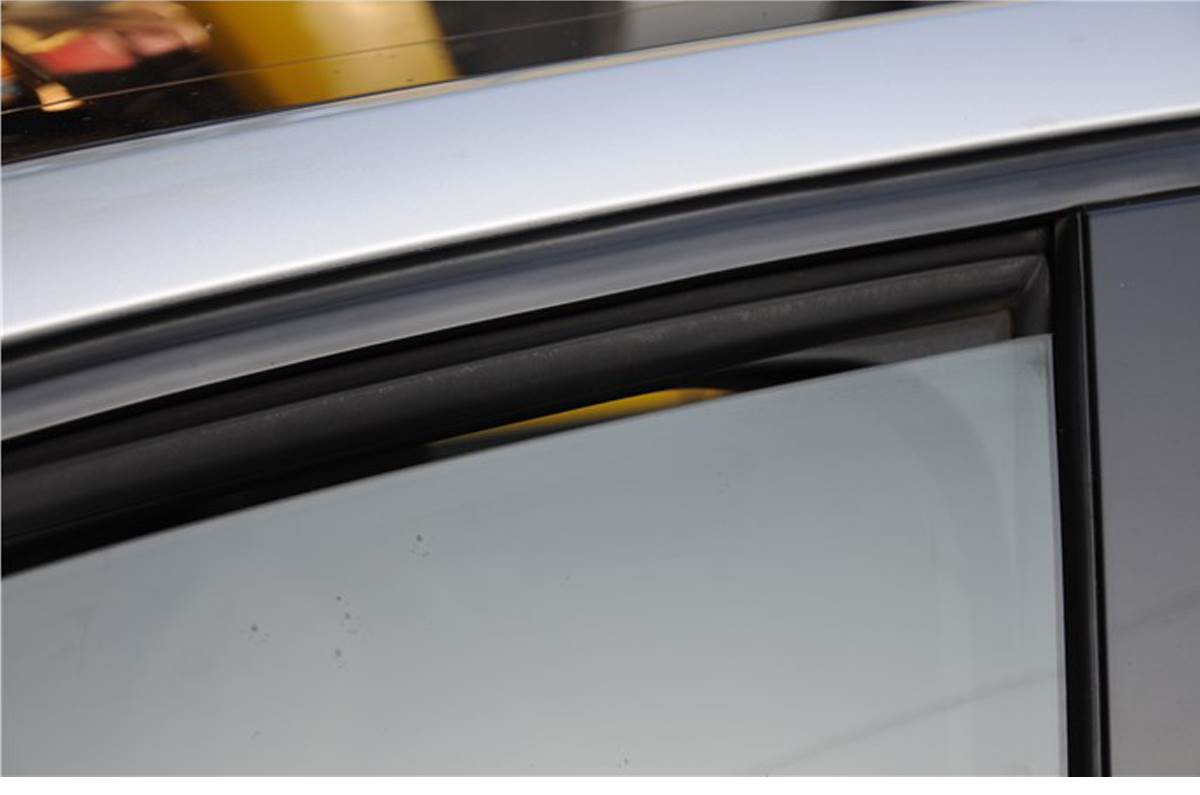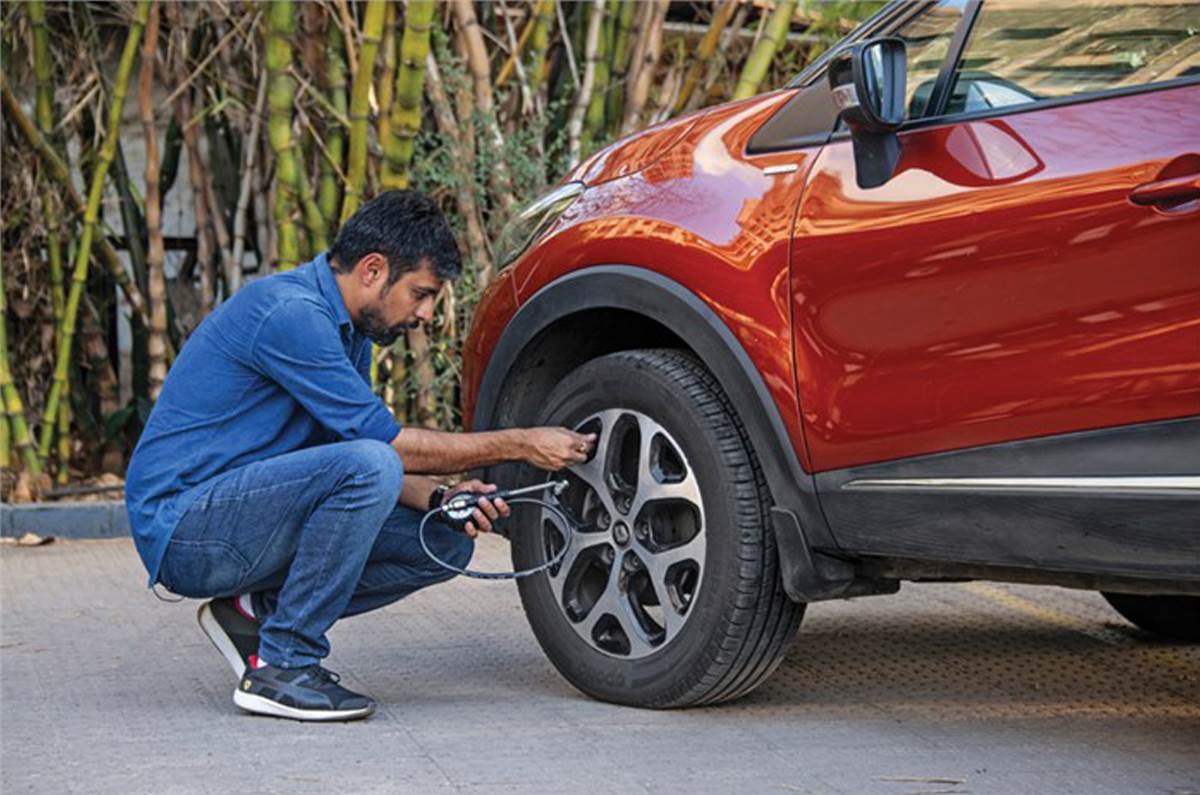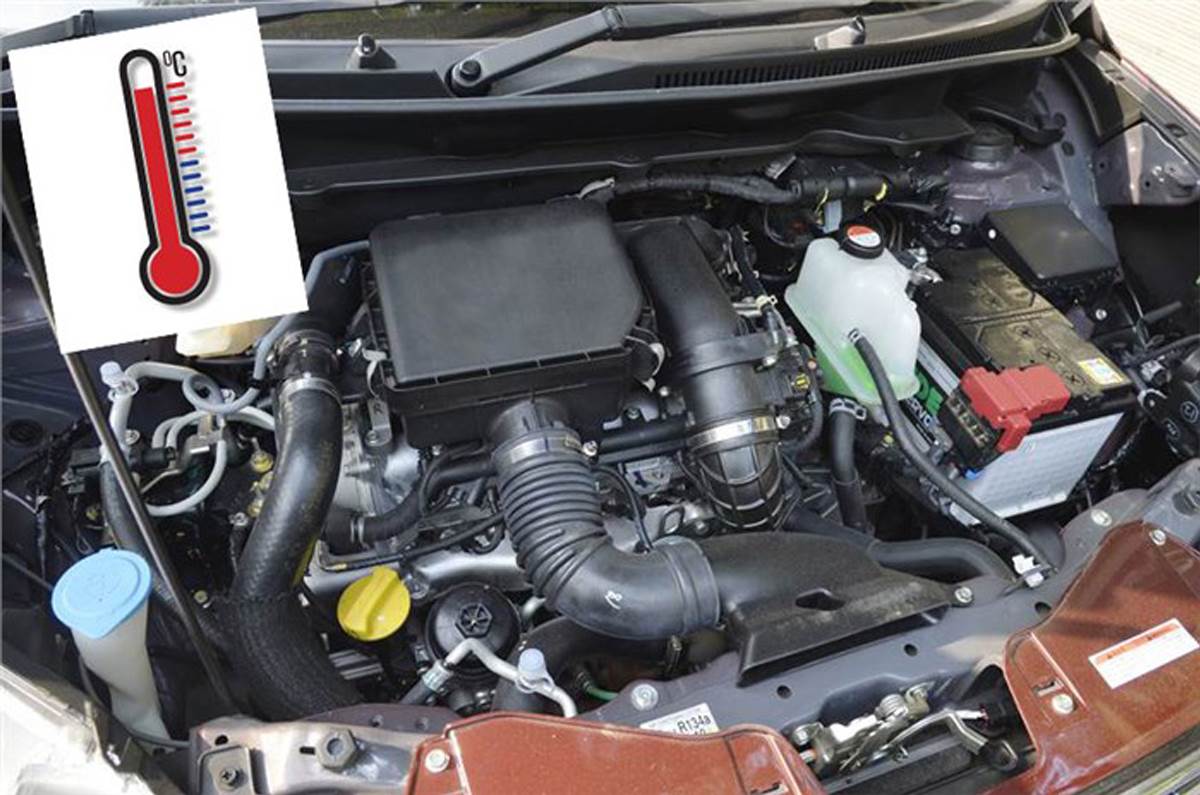
Several parts of India are reeling under heatwaves, particularly the northwest and central regions. Tackling the scorching sun is a challenge not only for us, but also our vehicles. Parked out in the sun, caught in slow-moving traffic on a sunny day, or neglecting pre-summer protection measures – all this can take a negative toll on your car. In the long run, the exposure to intense temperatures could damage your car and accelerate its aging process.
It's thus important to take a few additional measures to ensure the longevity and reliability of your car through the hot weather. Most of these can be handled at authorised service centres or dealers, or even independent garages.
So here are a few areas that require a car owner's undivided attention:
Keeping the cabin cool
One should always try to park the car in shade, but when absolutely unavoidable, keeping the windows slightly down aids in cross-ventilation and extracting heated air from the cabin. Needless to say, make sure the window isn’t rolled down too much; it poses as a security risk.

When parked in the sun, sticking a sun shade to your windows is also one of the most sure-fire ways to keep a fair bit of heat at bay. Remember to use a sunshade on your rear window as well, especially if you’re going to park the car for over an hour. Use these visors only when parked as it is illegal to keep them while on the move.
Get your AC serviced
A car's AC takes the most load on a hot day. Air-conditioning systems, as we all know, are service-intensive. The compressor oil needs to be topped up regularly to help protect the unit. There are regular coolant leaks, while dust and dirt can cause the system to overload and malfunction. Hence, get your car's AC unit checked by a qualified technician before summer hits its peak.
A common summer complaint from car owners is that their car's air conditioner takes too long to cool down the cabin. Irrespective of how powerful your AC unit is, it takes time due to all the heat trapped in the car, especially when parked under direct sunlight. To avoid this, once you enter the car, roll down the windows first and let some of the heat escape. Switch to the highest fan setting and wait for a couple of minutes. Once you feel that the car’s interior temperature is matching the outside, roll up the windows and switch the AC on.
Monitor your tyre pressure
Despite playing a key role at tarmac-level, tyres are one of the most neglected parts of a car. In fact, sadly, some owners aren’t even aware of the recommended pressure levels. This can prove to be particularly disastrous during the summer, when poor inflation can push a car's tyres to destruction in a very short time.
Poor tyre-pressure management on a hot day could destroy your sidewall since the softer rubber is more prone to damage. On poor roads, this could even result in the tyres bursting. So, during summer, make sure you increase your tyre pressure by 3-5psi and keep a close eye on your tyres.

Remember to check the condition and air pressure of your car's spare tyre as well – especially since it could turn out to be a lifesaver on a scorching summer day. Also, get the tyres properly aligned and balanced to avoid excessive tyre wear.
Get your radiator serviced, coolant topped up
Everyone and everything needs a steady supply of fluids in the summer months. A good quality coolant is one of the most important fluids for your car to get it through the heat. In fact, one of the most common causes of vehicles breaking down during summer is the engine overheating due to low coolant levels. Remember to check the coolant level in your car and top it up if it’s low.
If your car is more than three years old, get the radiator serviced before the summer haze – and while you are at it, check for any leaks. Also make sure you use the correct coolant. Using a cheaper one may seem like an attractive option, but it may prove to cause problems in the long run.
Check engine and transmission fluids
Heat will make you burn through engine oil like it's going out of style. Nothing destroys engine oil faster; and this is especially true if your car has oil which is already old and partly destroyed. So, check your engine-oil levels routinely and get it topped up with the right oil. Alternatively, you could also drain the engine oil and use a more heat-resistant grade which is made to retain its viscosity, and reduce wear and tear under extreme operating conditions. Also get the fluid levels of the power steering, brake and transmission units checked, since these could be potential weak links.

Hoses and belts
While being driven, the car's engine bay reaches rather high temperatures. Replacing parts once they reach a particular level of wear and tear is important. Otherwise, they won’t be able to withstand the high operating temperatures. Parts like hoses and belts suffer exceptionally more since they are made up of rubber compounds. Once something like a rubber hose gets hardened, it's only a matter of time until it ruptures. A physical check is really effective in this case. Check all clamps and clips too, and keep in mind that a loose clamp can be due to regular pressure build-up.
Battery care
Excessive heat reduces battery life by causing the fluid inside to evaporate quicker. It even speeds up the chemical reaction inside a battery, leading to overcharging. Get the battery checked to find out if it’s charging at the correct rate. Also check for any corrosion on the battery terminals, ensure they are free of dirt and that all cable connections are secure. Most new cars come equipped with zero-maintenance batteries; but if your car uses a battery that needs regular distilled water top-ups, check fluid levels more often during the summer.
Polish protection
We normally associate a good coat of wax or polish with something which is only cosmetic. This is incorrect – a good polish will go a long way in protecting your car's paint from heating up excessively. This is because it forms a layer of protective wax on the paint that reflects a significant portion of the sun's heat. So, polish your car before summer’s arrived and, if possible, try and select a polish that adds a layer of protection to your paint as well.
Do you have any tips that could further make driving in summers pleasant? Let us know in the comments below.
Also See:
Skoda looking at launching more fuel efficient GreenLine models in India
Future Tata Motors EVs will also offer multiple range options
https://ift.tt/SvmdLG4



